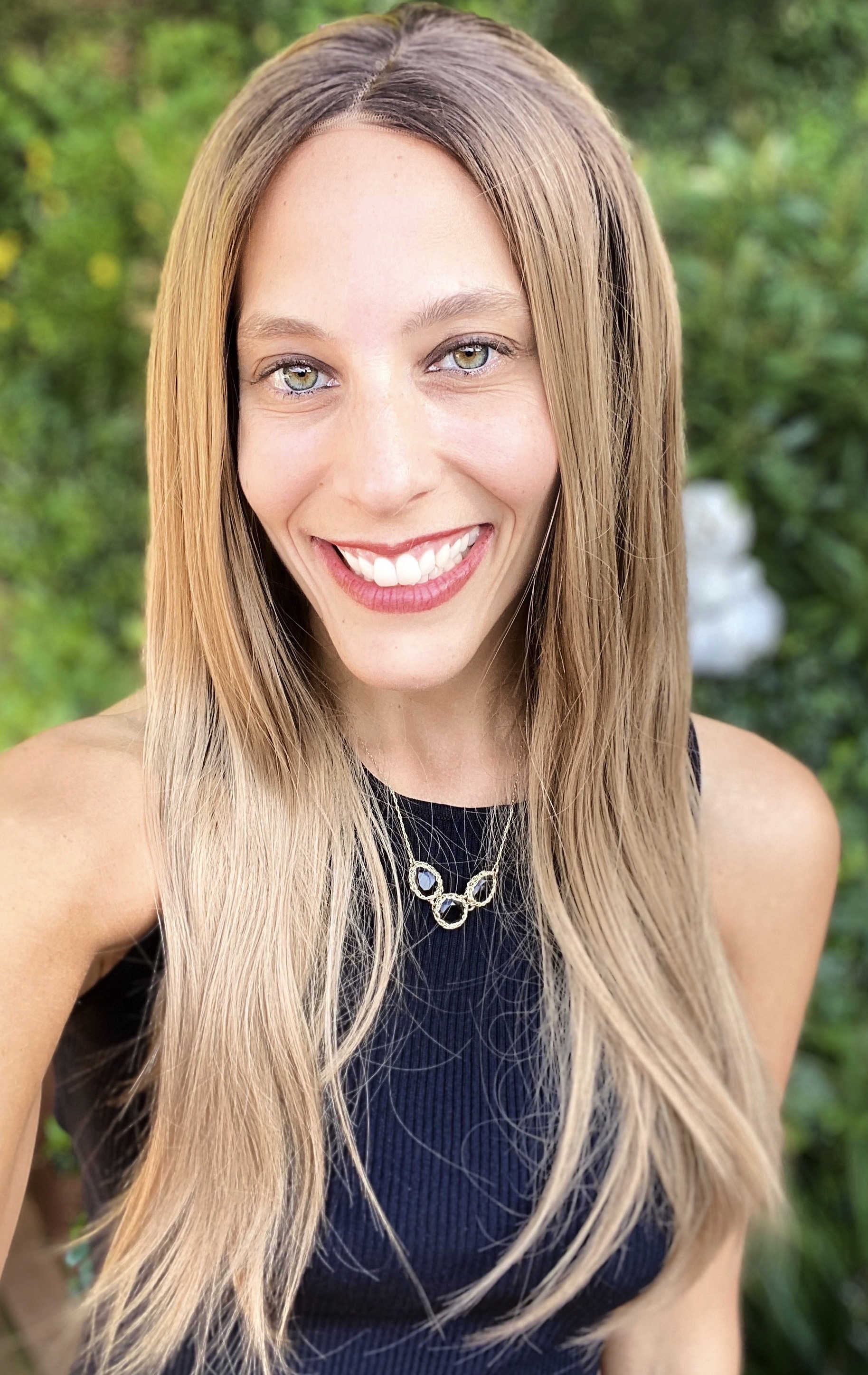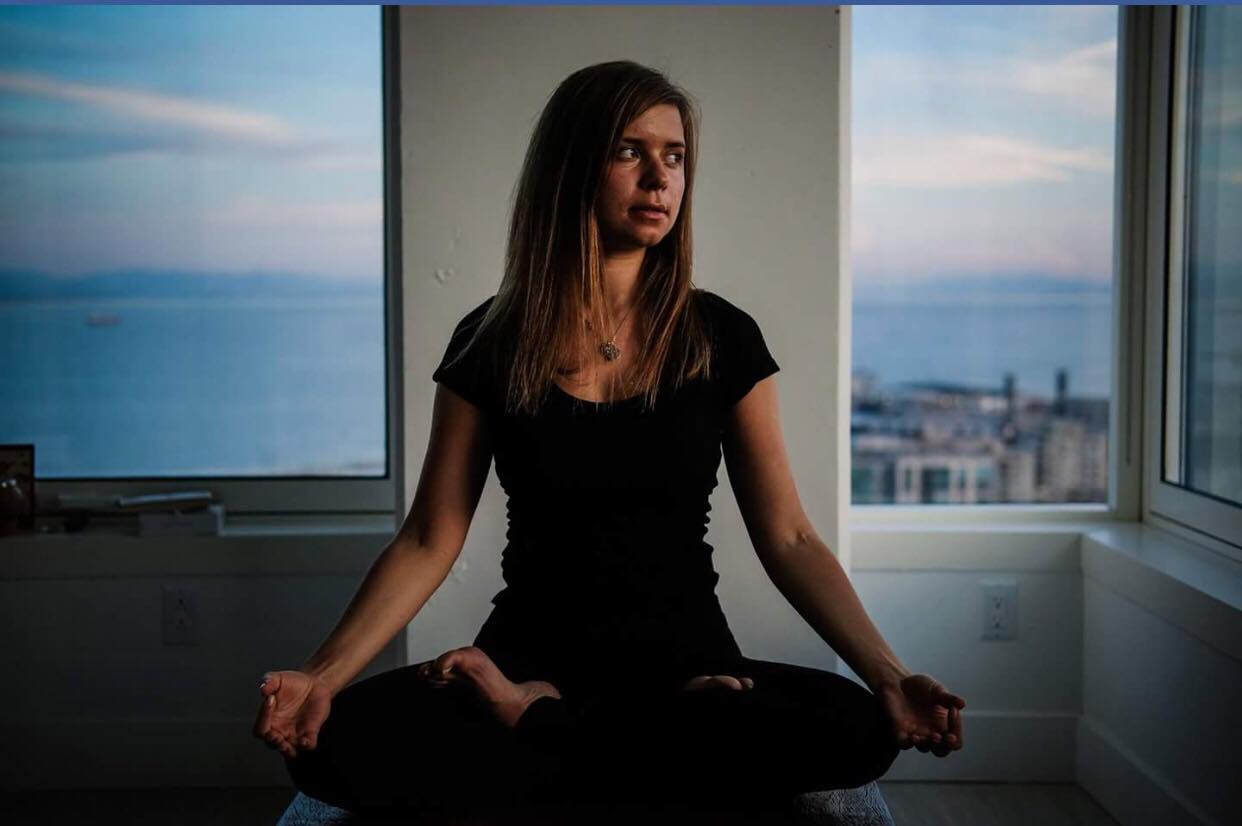There are not many venture capitalists out there like Masha Drokova. The 28-year-old Silicon Valley investor is a public relations guru, who values human connections above all else.
“If I feel a human connection with someone and they have a connection with me, then I believe that we should work together. If we don’t have that connection from the beginning, it doesn’t mean that we shouldn’t do something in the future, it just means that the timing is not right,” Drokova told me.
Drokova’s unique mindset and talent for relationship building inspired her to found Day One Ventures, a San Francisco-based firm focused on early-stage investments and building the most founder-centric fund. Unlike other Silicon Valley firms, Day One Ventures invests in companies with a story behind them, most of which have “empathic” founders.
“We specifically invest in empathic founders, as I believe empathy is underrated in business. However, empathy is critical for the businesses of today and tomorrow to ensure that good team leaders are present.”
I had the opportunity to sit down with Drokova to learn more about her new venture, thoughts on relationship building and why she values “falling in love” with the teams she invests in.
Wolfson: How is Day One Ventures different from other early-stage investment firms?
Drokova: Day One Ventures invests in early-stage companies that have a story. We invest in companies and support them with communication and PR operationally, from messaging to PR strategy and its execution, which no other investors currently do. We believe that bringing awareness to communications can help any startup to significantly increase growth and succeed. We also look for companies with defined “day one criterias.” The day one term was brought into this space by entrepreneur, Jeff Bezos, who mentioned that if a company wants to innovate, it should innovate like it’s always day one.This means that everyday individuals should perform to the top of their capacity, not considering improvements for tomorrow, but doing everything now and truly appreciating that day. An obsession with customers is at the center of a day one company. We listen to founders very carefully to see how much of their company culture fits this criteria. Imagine a company that is very present. This is a day one company.
Wolfson: You believe that human connections are important both personally and professionally. Do you have any advice on how to build strong connections with people?
Drokova: I think human connections stem from a sincere love of people. I love people very much. I have always been very curious about people in general. I am able to connect with the type of person who is the most excited, loving, happy about life and fun. And even though I know that people have other sides to them, I always connect with their positive sides.
I also try to never judge anyone. I do this by understanding that my thoughts and what I feel don’t define me necessarily. Everyone has a light inside them and I have a light within myself. This is why I always start with human connections. If I feel a human connection with another person, and they have a connection with me, then I know that we will do something together. If we don’t have that connection yet, it doesn’t mean we shouldn’t do something in the future, it just means that it’s not the right time. Sometimes we need a certain space and time to create a human connection. But if that is there initially, then it’s a good sign.
Also, it’s important to point out that I now find meetings more exciting and meaningful when a connection is made. In order to make human connections though, sometimes we need to change our mindset.
For example, I once had a meeting with a founder who wasn’t as engaging as most of the other people I typically meet with. In order to make the meeting more engaging, I had the idea to imagine that this person was introduced to me by someone like Elon Musk. Applying this mindset to certain circumstances has allowed me to understand that when I feel bored during a conversation, I know that it comes from not being present or even motivated to be present. So in this case, I just imagined that i was introduced to this individual by Elon Musk. I’ve found this mindset does help, and it has become a habit of mine to be fully present with someone in order for the conversation to become interesting. I believe that all good connections come from being present and motivated.
Rachel Wolfson: What role does luck and hard work play for entrepreneurs like yourself?
Masha Drokova: In terms of hard work, i’m always trying to push myself out of my own comfort zone to create new learning opportunities. I’m a very curious person and I love learning from people and performing under pressure. I also love taking risks and going into unknown, as this gives me a sense of life.
I look at luck as a way to increase chances for success. I think that every person starting a new project or company can choose to be successful if they wait long enough. What we don’t know though, is how long we need to wait for success to come. If you learn how to be patient and recharge in a way to stay excited though, then you can ensure that success will come wherever you go. So rather than trying to attract luck, people should wait for luck to come to them. A person also needs to love what they do in order to be successful.
Wolfson: Why do you believe that “falling in love” is good for businesses?
Drokova: I think that people experience light and happiness when their energy level is heightened. I found that one of the best ways to have heightened energy is to fall in love. This is exactly how people decide if they want to continue to have connections and start working together. So basically, entrepreneurs should care about being on top of their energy levels, which I think comes from love.
Wolfson: What are your thoughts on failure?
Drokova: I don’t have the word “failure” in my vocabulary. I think that there are no failures in life, but rather learning experiences. It doesn’t make sense to judge your own past or to be an enemy to oneself. Rather than feeling like we have failed, people should thank themselves for the courage taken and for that decision. We need to make sure never to be angry with ourselves. We also need to take a moment to learn what to do and what not to do in the future. As soon as you keep learning from your experiences, any experience will not be considered a failure.
Wolfson: What is the biggest challenge to overcome in order to be present?
Drokova: Getting enough sleep.


